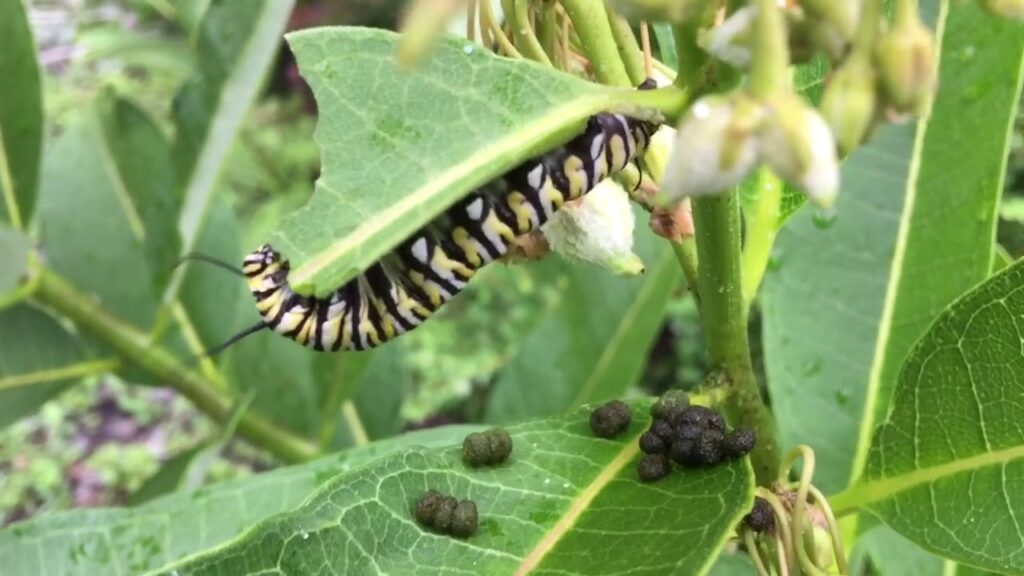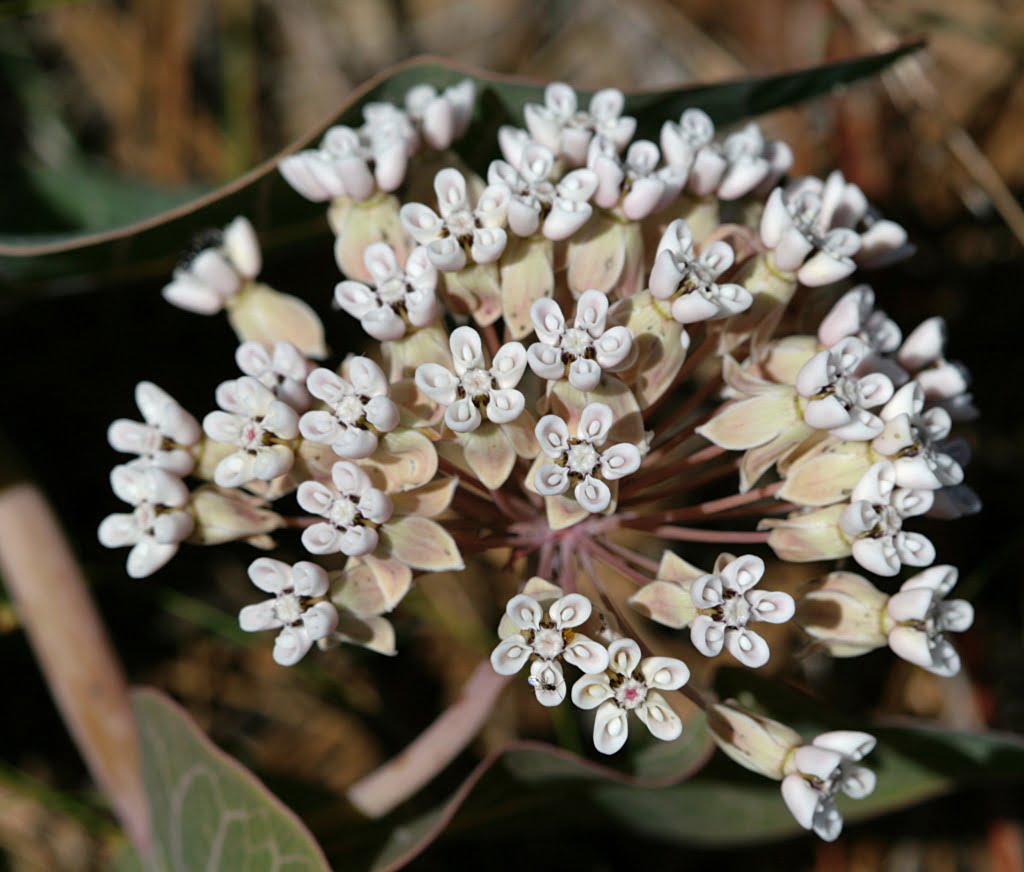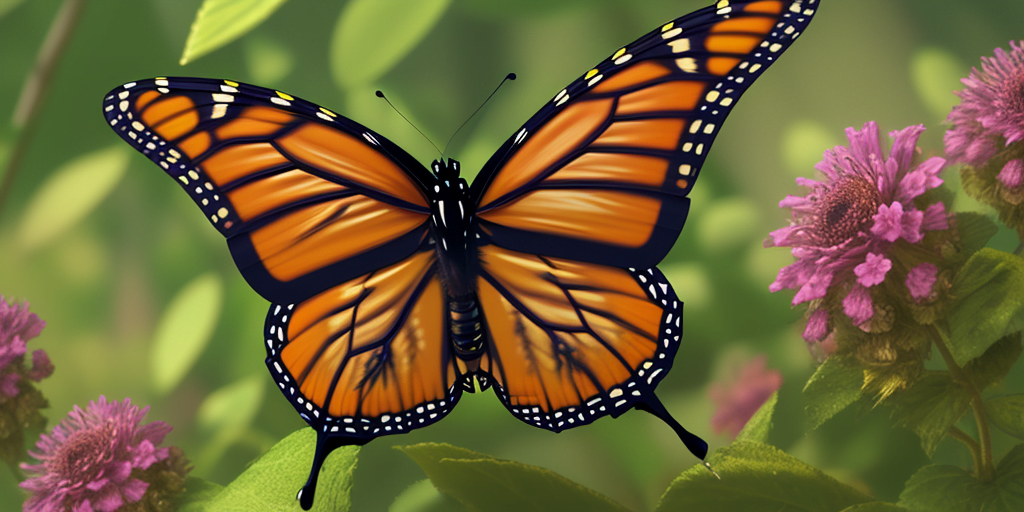No, a Monarch Butterfly cannot kill you. Adult Monarch Butterflies (Danaus plexippus) are not dangerous to humans in any way. In fact, they are completely harmless and pose no threat to people whatsoever.
Monarch butterflies are known for their distinct orange and black wing pattern, and they are widely recognized for their long-distance migration patterns and role in pollination. These butterflies primarily feed on nectar from flowers and do not have the ability to harm humans or any other animals. They do not possess any stingers, venom, or other harmful mechanisms that could cause harm.
In some cases, certain species of butterflies or moths may contain toxins when ingested by predators, but this toxicity is typically relevant only to specific animals that try to eat them. For humans, there is no danger or risk associated with monarch butterflies, and they are safe to observe and enjoy in nature.
Don’t Monarch Caterpillars Contain Milkweed Latex Toxic to Humans?
Yes! You are correct! Adult monarch butterflies themselves do not contain toxic milkweed latex. The toxicity associated with monarch butterflies comes from their diet during the larval stage.

As caterpillars, monarch butterflies exclusively feed on Milkweed plants, which contain toxic compounds called cardenolides. These cardenolides are absorbed by the caterpillars and stored in their bodies. The toxins make the caterpillars unpalatable and poisonous to most potential predators, providing them with protection from being eaten.

10 Sandhill Milkweed Seeds Ascslepias Humistrata Pinewood Milkweed Florida-Native
With Johnny Butterflyseed’s Sandhill Milkweed seeds, you’re not just planting flowers; you’re cultivating a living mosaic of nature’s marvels. 10+ Florida Native seeds.
During their metamorphosis from caterpillar to butterfly, monarchs go through a process called pupation, where they transform inside a chrysalis. During this transformation, the caterpillar’s body undergoes significant changes, and any toxins present in the caterpillar’s body are broken down and do not transfer to the adult butterfly.
Therefore, the adult monarch butterfly does not have toxic Milkweed latex or any harmful toxins. The adults primarily feed on nectar from flowers, and they are safe and harmless to humans. People commonly encounter monarch butterflies in gardens or during their migrations, and there is no risk of toxicity or danger associated with these beautiful creatures.
Remember: No Milkweed, No Monarchs. Plant More Milkweed!
